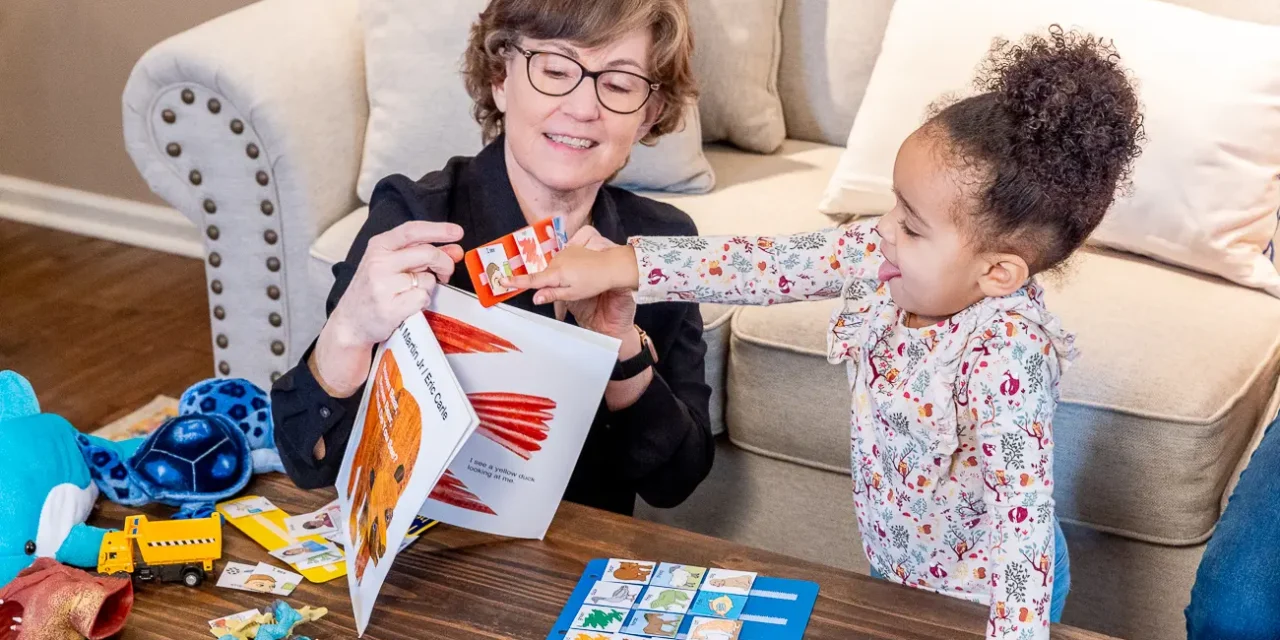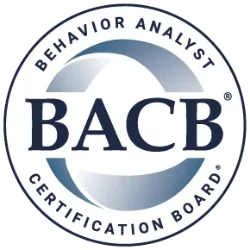Pyramid is pleased to announce we will be hosting our Annual FUNctional Conference on October 15, 2024! The developers of the Pyramid Approach and the Picture Exchange Communication System® (PECS®), Andy Bondy, PhD and Lori Frost, MS, CCC-SLP, will lead our international team in a full day conference. Pyramid’s team of speech pathologists, teachers, clinical psychologists, and behavior analysts will present new content that emphasizes the importance of cultural considerations, developing meaningful lessons, and building skills!
Our one-day conference will start with a keynote address from Dr. Bondy and Ms. Frost on how The Pyramid Approach to Education® guides our clinical processes, including those associated with implementing PECS. The Pyramid Approach provides a series of questions to ask regarding what to teach as well as how to teach. Over the years, we have developed a model for creating classrooms and programs to implement the Pyramid Approach in which the entire professional and paraprofessional staff are trained. We will briefly review the most recent developments and outcomes associated with creating these Pyramid Certified Classrooms (PCC) around the world.
The day will continue with a talk that provides practical applications to embed communication opportunities into every lesson, whether at school, home, or in the community. Another presentation reviews current trends in Alternative/Augmentative Communication and how to determine what is the best fit for your learners. Next, dive into cultural considerations that will emphasize the importance of incorporating culturally relevant values into every lesson. At the end of the day, we will guide you through frequent challenges in teaching and how to design effective lessons that efficiently lead to significant learning that will be maintained over time.
Talks Information
Keynote Address: Pyramid Approach to Education: Outcomes of Implementing Pyramid Certified Classrooms
Presenters and Disclosures: Andy Bondy, PhD and Lori Frost, MS, CCC-SLP
Description: The Pyramid Approach provides a series of questions to ask regarding what to teach as well as how to teach. Over the years, we have developed a model for creating classrooms and programs to implement the Pyramid Approach in which the entire professional and paraprofessional staff are trained. Andy and Lori will briefly review the most recent developments and outcomes associated with creating these Pyramid Certified Classrooms (PCC) around the world.
Objectives:
- Name the four elements of the What-to-teach section of the Pyramid Approach to Education (PAE) Model
- Describe three teaching skills everyone in a classroom must demonstrate with the PAE
- Name three things non-behavior analysts say about their experience implementing the PAE
Talk 1. Make it Meaningful: Cultural Considerations for Functional Activities
Presenters and Disclosures: Jesseca Collins, MEd, BCBA, Magda Kazmierczak, and Chihiro Negron MEd, BCBA
Description: This presentation will discuss the importance of culturally responsive practice and a case for teaching functional skills, no matter where you live! Considerations and strategies will be provided for collaborating and teaching diverse cultures and populations globally. A team of international consultants will share examples of culturally meaningful functional activities from around the world. Participants will have a chance to practice identifying potentially culturally and/or regionally meaningful functional activities for their learners.
Objectives:
- Recognizing strategies for identifying and selecting culturally responsive functional activities
- Describe cultural and/or regional considerations that affect teaching strategies
- Evaluate three functional lessons from around the globe
- Identify a culturally meaningful functional activity for one of your learners or in your professional practice
Talk 2. Neurodiversity, GLP, Core Boards, S2C…Oh My!
Presenters and Disclosures: Catherine Horton, MS, CCC-SLP, BCBA, Jill Waegenaere, MS, CCC-SLP and Molly Lingo, MA, BCBA.
Description: Trends within the field of Augmentative and Alternative Communication (AAC) continually evolve and shift. The current presentation will describe concepts related to the neurodiversity movement, as well as ways clinicians can and should use neuro-affirming practices. Information related to core boards, for both individuals and environments (ex: playground boards), will be discussed. Additionally, considerations related to teaching strategies for these systems will be explored. A relatively new form of Facilitated Communication, referred to as Spelling to Communicate (S2C) and/or Rapid Prompting Method (RPM), will be explained. The presentation will conclude with an analysis of the current trends related to Gestalt Language Processing. Though it may be tempting to jump on the latest bandwagon, careful analysis and review of the latest information is necessary prior to implementing a trend that will impact a learner’s communication skills. Participants will leave the presentation with a framework for ongoing assessment related to trends within the field of AAC.
Objectives:
- Identify elements of their current practice and describe similarities with neuro-affirming approaches
- Identify two measures to assess appropriateness of implementation of new concepts based on evidence versus popular trends
- Define and evaluate two concepts related to the use of Core Boards, Gestalt Language Processing and Spelling to Communicate/Rapid Prompting Methods
Talk 3. Communication Concentration: Communicate All Day Every Day
Presenters and Disclosures: Donna Banzhof MEd, BCBA, IBA, Grace Payne, BCBA, UKBA (cert), and Svenja Hamel, BA
Description: There are many ways we can concentrate on communication. Some choose to do this through intense focus within structured times. In this talk we will challenge the typical implementation of intensive teaching, then consider the various pros and cons that come with the use with various patterns of intensity. At Pyramid we have implemented intensive PECS programs within community-based settings such as a two-week communication focused summer school. This talk will share recent case examples and publications demonstrating outcomes for children, staff, and parents. We will discuss and show how to imbed functional communication lessons within all activities. The talk will encourage participants to create environments that incorporate intense communication opportunities within their learning routines.
Objectives:
- Operationally define intensive and the wider impact this has across environments
- Create a plan that emphasizes the use of communication with a curriculum-based subject
- Identify at least three key elements of how to set up an intense community-based communication program
Talk 4. Effective Teaching: What’s Contrast Got to do With it?
Presenters and Disclosures: Anne Overcash, MEd, Lili Covaci, Specialist Clinical Psychologist, and Andy Bondy, PhD
Description: The field of behavior analysis has a long history of describing and conducting research on teaching discriminations. We will outline how contrast plays a crucial role in effective teaching, and the benefits of emphasizing its importance across different disciplines. This presentation will delve into examples that showcase the concept of contrast as a significant element of designing lessons for a variety of skills including communication. Furthermore, teaching strategies to achieve contrast will be described within a framework that focuses on teaching “under what conditions.”
Objectives:
- Identify at least two challenges with the ways in which practitioners have traditionally taught skills
- Define contrast and its importance in skill acquisition
- Design a lesson plan/instructional plan that includes contrast
Conference DETAILS
Date: Tuesday, October 15, 2024
Agenda: 10:00am- 4:00pm ET
Check-in Time: 9:45am- 10:00am ET
CEUs: 0.5 ASHA CEUs (Anticipated); 5.0 BACB Learning CEUs (Anticipated); 5.0 IBA CEUs (Anticipated). Satisfactory completion of this course requires participants to be present for the duration of the course and to participate in all student responding activities (e.g. questions, role play, quizzes, and surveys). Credits from your state organization may be available, see our list of approved professional organizations here.
Cost: $99.00 USD
Tuition Includes: Detailed Handouts with space for note taking, Certificate of Attendance, CEUs offered (see above for details)

ASHA CE Provider approval and use of the Brand Block does not imply endorsement of course content, specific products or clinical procedures.
You can view our presenters’ financial and non-financial disclosure statements here.
Register for the Conference



